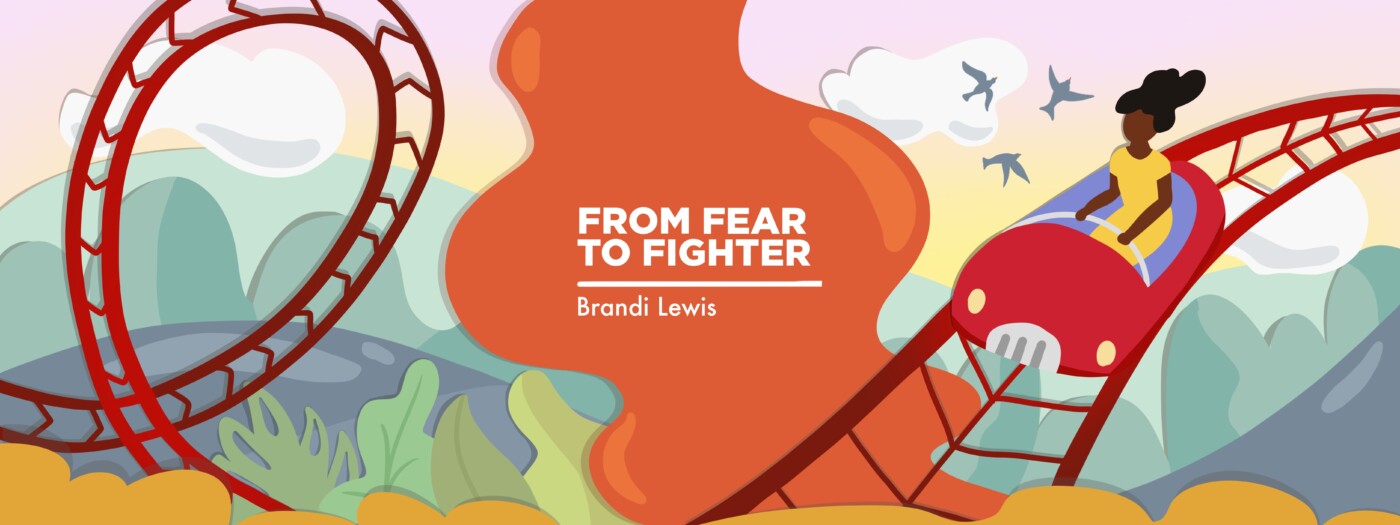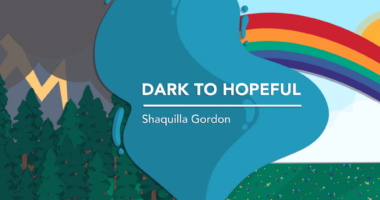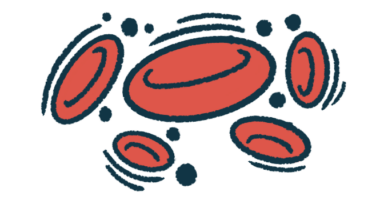The special bond between family caregivers and patients
A columnist with PNH describes how her relationship with her parents changed

I never knew what being a caregiver meant until I unexpectedly had to have them in my own life.
To use a metaphor of a video game to describe it, imagine that you are playing the game of life as a patient. You reach another level of the game that will be tough as you deal with bumps in the road. When you gain a star, it can be taken from you anytime your life encounters a failure. At times, you run on low energy until you find another star. (In my case, a blood transfusion is the star, as it keeps me alive and continuing in the game.)
I was diagnosed with aplastic anemia and paroxysmal nocturnal hemoglobinuria (PNH). I needed a partner in crime to help me fight this battle. (Think Mario and Luigi.) This is where my caregivers made their debut. A caregiver is given very important tasks that include not only helping the patient, but also having to deal with the patient’s emotions, mood swings, frustrations, and much more.
A new role for my parents
I was blessed with two great family caregivers: my parents. My parents have known me from birth, so they understand who I am at my core. When they stepped into the role of familial caregiver, our relationship shifted.
As the patient, I was tasked with one goal: survival. Each day I would play the game of life to win, and then do it all over again the next day. My caregivers had many tasks, including dealing with my mental, physical, and emotional state.
I also suffered from restless legs syndrome and pain in my legs at night. I would lie awake many nights in frustration because the pain wouldn’t go away. Some nights, I would cry myself to sleep. Cut to my parents’ room, and they’d be a nervous wreck because of what I was experiencing, sitting in bed with their backs resting on the headboard. I thought they were getting more sleep than I was, but I later found out that wasn’t true.
One night, my dad couldn’t bear it anymore. He slowly opened the door to my room so as not to disturb me and made a place to sleep by my side on the hardwood floor. The next morning, I found out he had spent the night praying for the pain to be taken from me and given to him.
Family caregivers’ emotions can also be difficult as they watch a patient and loved one endure painful days. They often don’t get the credit they deserve.
As my relationship shifted with my parents, we began to build a bond in which we could communicate just by looking at each other. My mom could tell by the color of my eyes or the sound of my voice if I was having a tough day.
My dad was tasked with giving me shots in the leg when I couldn’t do it myself. As he kneeled, counted to three, and injected the medicine into my thigh, we would make eye contact. In the silence, our eyes were saying, “I did not expect this to be where we are in life.”
My caregivers and loved ones could not say no to the hard task they had been assigned. They didn’t get the option to choose which tasks they would help me with or when they would do it. All they knew was that they must help, and they’d do whatever it took to help me get well. I am thankful to have familial caregivers who fought every step of the way to get me into remission.
If you have a caregiver in your life, remember to say thank you! You are blessed to have someone in your life who is helping you fight.
And to the caregivers of the world, thank you for taking on the role of helping patients see another day! You are truly a gift, and your work does not go unrecognized.
Note: PNH News is strictly a news and information website about the disease. It does not provide medical advice, diagnosis, or treatment. This content is not intended to be a substitute for professional medical advice, diagnosis, or treatment. Always seek the advice of your physician or other qualified health provider with any questions you may have regarding a medical condition. Never disregard professional medical advice or delay in seeking it because of something you have read on this website. The opinions expressed in this column are not those of PNH News or its parent company, Bionews, and are intended to spark discussion about issues pertaining to paroxysmal nocturnal hemoglobinuria.








